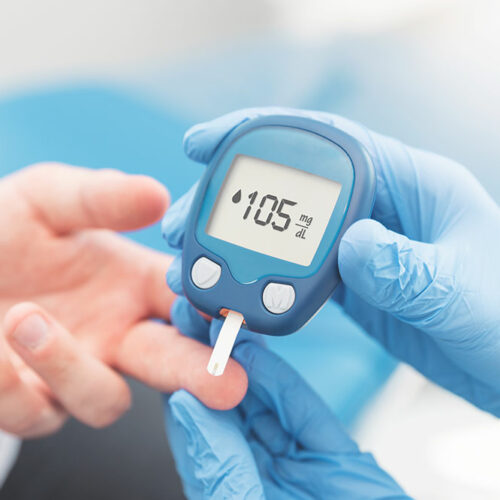5 causes of muscle pains and how to manage them

Muscle pain is a common condition that can occur in children and adults, and can be short-term or chronic. While aching and sore muscles are not that much of a concern in most situations, it is still recommended to seek advice from a health professional as sometimes, paining muscles may be a symptom of a specific underlying illness. So, let’s learn more about muscle pains, their causes, their symptoms, and how to manage them. Symptoms People suffering from muscle pain may experience any of the following symptoms apart from muscle discomfort and soreness: Fever Rashes Bite marks Weakness and stiffness in the affected region Dizziness Breathing difficulties Swelling, redness, and other signs of infection Among the symptoms mentioned above, breathing difficulty or high fever will demand immediate medical consultation. If an ache is caused by tension, strain, injury, or stress, the discomfort is likely limited to a particular region. However, in the case of full-body muscle pain, the cause may be an underlying illness, medication, or infection. Common causes of muscle cramps Muscle pain, also called myalgia, can be experienced in any part of the body comprising muscles. The level of discomfort may vary from mild to extremely severe depending on the cause of the muscle cramps.






